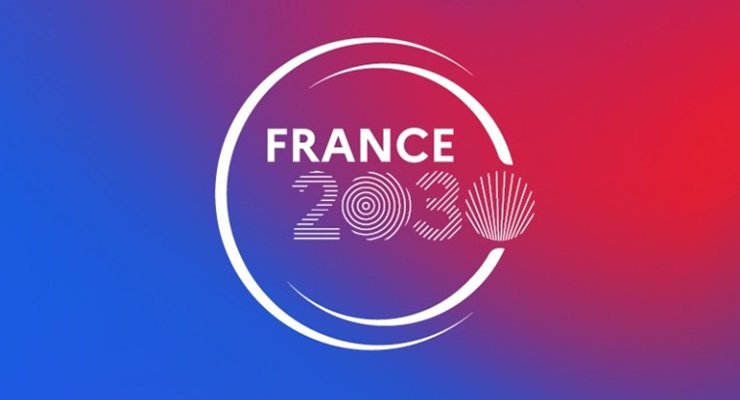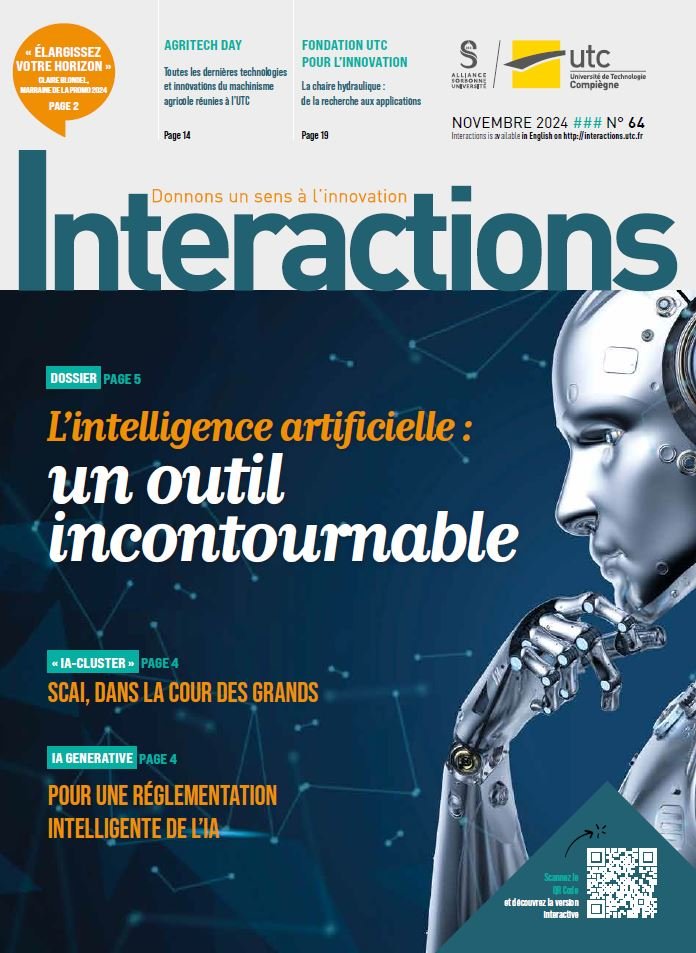A mark of distinction for UTC

Led by Sorbonne University, in an alliance with UTC, the PostGenAI@Paris programme is one of the 9 winners of the national ‘IA-Cluster’ call for expressions of interest (CEI). Endowed with 35 Meuros over 5 years, this cluster will contribute to France’s strategy in artificial intelligence (AI), by creating an international centre of excellence specifically dedicated to post-generative AI.
This funding will be used to support research projects, to develop training programmes and to unite the academic community. In addition to this public funding, industrial funds will be used to strengthen partnerships within collaborative acceleration projects (CAP).
As a mark of recognition and a distinction for UTC and its skills and expertise, the university is involved in four CAPs and is leading two of them. One by Véronique Cherfaoui for UTCHeudiasyc (UMR-CNRS 7253) and its associated joint laboratory SIVALAB with Renault Group, the CAP ‘Twinning’ aims to study shared driving between a driver and a vehicle capable of autonomy, in particular by studying the interactions between the driver and the vehicle to enable autonomous, cooperative and safe travel on open roads.
The second CAP, ‘Industry’, is co-directed by Alexandre Durupt for UTC-Roberval and Yves Grandvalet for UTC-Heudiasyc, and also involves the joint DIMEXP laboratory with UTC-Roberval and DeltaCAD.
And among the aims of this PAC? ‘The emergence of societal issues, in particular the ecological question, which is encouraging industry to be more efficient and more environmentally virtuous. Hence the importance of developing methodologies for error detection and predictive maintenance of industrial systems. At present, all the recent AI technologies, and in particular the advent of Deep Learning, have made it possible to develop more effective fault detection technologies, with ‘false positives’ or false alarms needing to be as low as possible,’ explains Alexandre Durupt.
Finally, the last two CAPs are supported by Sorbonne University. The first, with which the Biomechanics and Bioengineering research unit (UTC-BMBI, UMR-CNRS 7338) is associated with Anne- Virginie Salsac, and steered by Isabelle Bloch of Sorbonne University, involving clinical partners as well as numerous industrial partners. ‘We have established a very strong partnership with ANSYS France, which specialises in multiphysics digital simulation. Our objective at UTC is to further develop digital models of intra-cardiac blood flow and valve and vessel wall movements in order to create digital twins of the heart. They must be biofidelic, i.e., must reproduce both physiological reality and certain pathologies, in order to be able to test medical devices. We will also need to collect the most complete data possible from clinicians. The use of AI will enable us to speed up calculations and obtain results in a timeframe that is compatible with clinical and industrial reality’, assures Anne-Virginie Salsac.
The second project, also supported by Sorbonne Université, involves the LMAC laboratory for UTC, a laboratory renowned for its methodological contributions. ‘This CAP concerns energy storage. The aim is to carry out multi-scale modelling in the design of Li-ion batteries in order to optimise their performance and maximise their lifespan. The methods used to design batteries of different sizes are not the same. The idea in this CAP is to use applied mathematics and, in particular, partial differential equations, to build models that favour reliable predictive approaches that offset the high cost of generating experimental data’, explains Salim Bouzebda.
MSD




